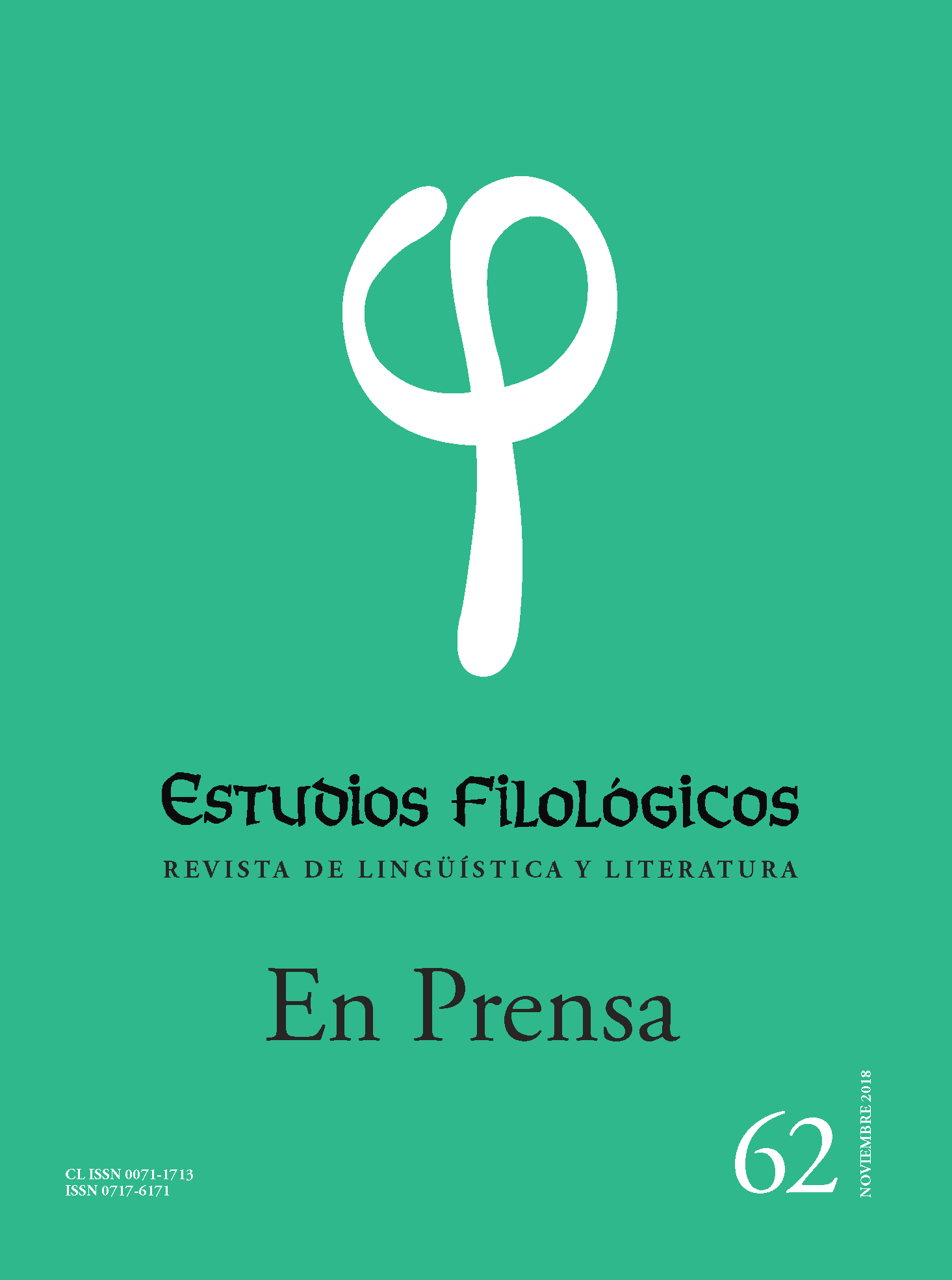Phonetic reduction of the consonant sequence /-st-/ in Bogotá Spanish
Main Article Content
Abstract
In Spanish, the sequence /-st-/ is highly frequent in functional and content words. In the variety spoken in Bogotá (Colombia) these consonants are pronounced as [-s̪t-] as well as [-s̪t̞-] (a dento-alveolar fricative followed by a low- amplitude frication noise). This study investigates the occurrence of these phonetic realizations in a sample of unscripted narratives and read speech. We examine how the acoustic properties (duration, center of gravity, skewness and kurtosis) of the sequence are affected by stress, vowel type and sex. The results show that the phonetic reduction of /-st-/ depends on the differences between individual speaker productions. Furthermore, stress and close-mid vowels /e, o/ contribute to the occurrence of the canonical form [-s̪t-]. In my data, the acoustic characteristics of /s/ remain stable across all the experimental conditions, and spectral properties of /t/ suggest strong inter- and intra-speaker variation.

